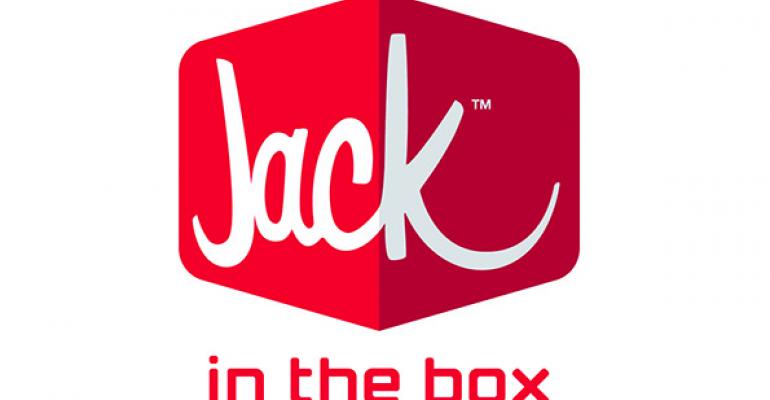A National Labor Relations Board administrative law judge has ruled that Jack in the Box Inc.’s arbitration agreement, which is required as an employment condition, violates workers’ rights to pursue class action law suits.
Judge Mary Miller Cracraft, in a Tuesday decision from the NRLB’s San Francisco division, recommended the arbitration agreement be revised or removed, saying it violated their rights under sections of the National Labor Relations Act.
Brian Luscomb, a spokesman of San Diego-based Jack in the Box, said the company intended to appeal the NLRB decision.
“We believe the decision of the administrative law judge that arbitration agreements violate Section 7 of the Act is wrongly decided, as virtually all federal courts that have examined this issue have concluded,” Luscomb said in an emailed statement.
The NLRB panels have been finding arbitration agreements violate the Act, said Jeff Bosley, a lawyer and partner in the San Francisco office of Davis Wright Tremaine LLP.
However, Bosley added in an interview, “There are some unique aspects in the Jack in the Box ruling.”
Bosley said the ruling indicates that restaurants would be less likely to encounter NLRB proceedings if they make sure employees are offered “opt-out” selections, making it clear that the arbitration is voluntary. In addition, he suggested restaurant companies limit the confidentiality aspects of arbitration agreements.
Kenneth J. Yerkes, chairman of the labor and employment department at Barnes & Thornburg, said in an interview that Tuesday NLRB ruling was ““the most aggressive decision yet out of the administrative law judge pool in trying to limit an employer’s right, using the National Labor Relations Act as the device. It will no doubt be the subject of appeal.”
Yerkes noted that courts of appeals have reversed earlier orders. “It is more likely than those to be overruled on appeal,” Yerkes said. “It’s more aggressive than earlier decisions that have been reversed.”
“This is an end-run around those prior decisions,” he said, “by trying to take the federal arbitration act out of play. I don’t think that’s a strong legal position.”
“It is a very disturbing development and an ideological attack on these agreements,” Yerkes said.
Cracraft’s decision was for an unfair labor practices case filed over Jack in the Box’ web-based “Dispute Resolution Agreement” by Dana Ocampo in January. The suit applied to employees hired by the company after 2003.
Cracraft said, “The arbitration agreement does not specifically prohibit access to the NLRB. Rather, the general counsel claims that the language of the arbitration Agreement is so broad and confusing that employees would reasonably conclude that they are precluded from filing unfair labor practice charges with the board.”
As of the fiscal year ended Sept. 27, the Jack in the Box system included 2,249 restaurants in 21 states and Guam, of which 413 were company-operated and 1,836 were franchise-operated. The company’s Qdoba brand has 661 restaurants.
Contact Ron Ruggless at [email protected].
Follow him on Twitter: @RonRuggless





